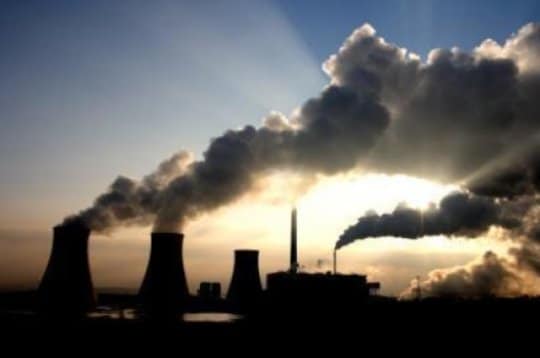
Emissions Estimates
It’s bad news for efforts to tackle climate change. According to research published in Nature, worldwide methane emissions from fossil fuel production and consumption are much higher than existing estimates. The researchers compiled thousands of measurements from public sources and peer-reviewed papers, in “the largest isotopic methane source signature database so far,” the authors indicate. Isotopic analysis relies on the “fingerprint” left behind by methane.
Methane has the second-largest global radiative impact of greenhouse gases. The global fossil fuel industry—production and usage of natural gas, oil and coal—is thought to contribute 15 to 22 percent to total emissions. The researchers delved further into the emission contributions of natural geological seepage, which is where natural gas flows to the earth’s surface without human intervention.
The study concluded that the total fossil fuel methane emissions are not increasing over time, but are 60 to 110 percent greater than the current estimates. Though carbon dioxide accounts for about three-quarters of the global emissions, methane has a much more powerful warming effect.

Some good news in the study is that emissions from natural gas production has greatly improved efficiency, a boon attributed to better technology and management. Methane emissions per batch of production has decreased—this is offset, however, by more production overall.
A Lasting Effect
Experts believe that the study meant scientists should reconsider their climate models to improve ways to protect the environment.
Ever since the Industrial Revolution took off in the 18th century, vast quantities of fossil fuels have been used to power the economy. In what some call to be the “Anthropocene“, the age of human impact manifesting in a spike of atmospheric concentration of greenhouse gases, increase of average temperature, and resource depletion—it is most imperative to use technology and development to make positive, lasting changes in our environment.